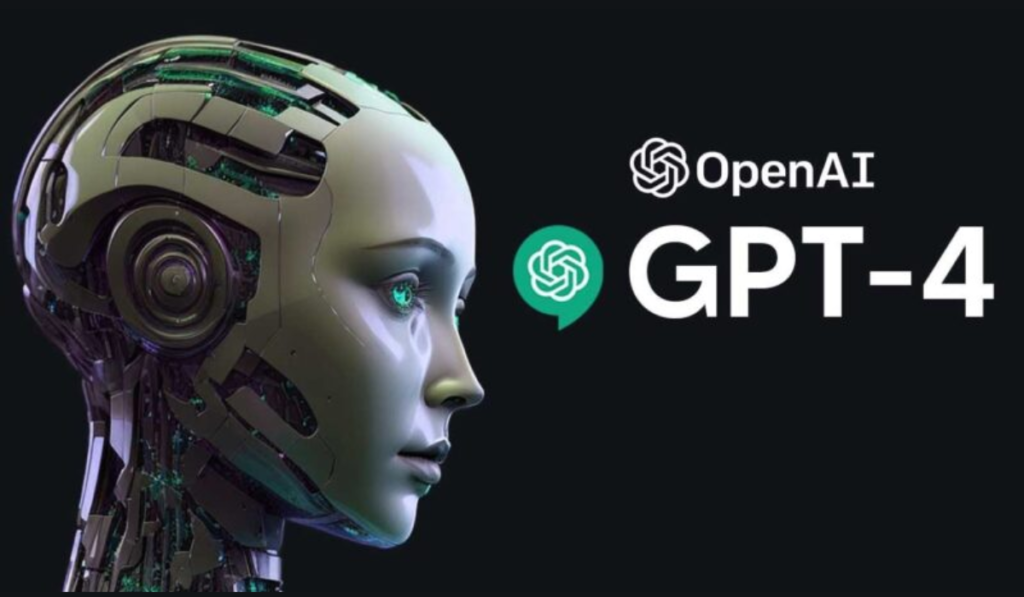Blockchain Technology: A Revolution in the Digital Landscape

In recent years, blockchain technology has emerged as one of the most impactful innovations in the digital world. Although it was initially developed to support cryptocurrencies like Bitcoin, its capabilities have extended far beyond that, becoming a powerful tool across various industries. This article explores the fundamentals of blockchain technology, its key features, and its potential to reshape the future of multiple sectors.
What is Blockchain?
In essence, blockchain is a decentralized digital ledger that records transactions across a network of computers. Transactions are grouped into blocks, and once a block is filled, it is added to a chain of previous blocks, creating a permanent and secure record. What makes blockchain unique is its decentralized nature, meaning it is not controlled by any single entity, making it resistant to manipulation and fraud.

Key Features of Blockchain Technology
- Transparency: Every transaction recorded on the blockchain is visible to all participants in the network, enhancing trust among users and allowing easy auditing and verification of transactions.
- Security: Blockchain uses advanced encryption techniques to secure data. Once a block is added to the chain, it becomes extremely difficult to alter it without affecting all subsequent blocks, making tampering almost impossible.
- Decentralization: Unlike traditional data systems controlled by a single entity, blockchain operates on a distributed network of computers, reducing the risk of failure or exposure to cyber-attacks.
- Immutability: Once data is recorded on the blockchain, it is permanent and cannot be altered or deleted, ensuring the accuracy of records and enhancing accountability.
Key Applications of Blockchain
Blockchain’s potential extends beyond cryptocurrencies. Below are some of its most prominent applications:
- Supply Chain Management: Blockchain enables the tracking of every stage in the supply chain, helping companies monitor product authenticity, prevent fraud, and improve operational efficiency. Consumers can verify the origins of products, boosting trust in brands.
- Smart Contracts: These are self-executing contracts that automatically enforce the terms of an agreement when predefined conditions are met. Smart contracts eliminate the need for intermediaries, reduce costs, and speed up processes. For example, in real estate, smart contracts can streamline property transfers.
- Healthcare: Blockchain can revolutionize the way medical data is stored and shared. By securely storing medical records, healthcare providers can ensure that patient information is accurate, easily accessible, and protected from unauthorized access, improving both patient care and data privacy.
- Voting Systems: Blockchain can enhance transparency and security in elections by recording votes in a tamper-proof manner. Voters can verify that their votes were accurately counted, which could strengthen trust in the electoral process.
- Financial Services: Blockchain is transforming banking and financial sectors by enabling faster and cheaper cross-border transactions. It reduces the need for intermediaries, lowering costs and increasing efficiency.
- Digital Identity Management: Blockchain allows users to manage their digital identities securely and in a decentralized manner, giving them full control over their personal data and enabling them to share it only with trusted parties, reducing the risk of identity theft.
Challenges and Future Prospects
Despite its immense potential, blockchain still faces challenges such as scalability issues, regulatory concerns, and the energy consumption of certain systems like Bitcoin. However, ongoing advancements in blockchain technology, such as the development of more efficient consensus mechanisms, are helping address these challenges and pave the way for wider adoption.

As businesses and organizations continue to explore the benefits of blockchain, its applications are expected to expand further. From finance to healthcare, blockchain holds great promise for providing more secure, efficient solutions.
Conclusion
Blockchain technology is not just a passing trend; it is a true revolution that is changing the way we conduct transactions and store data. With its transparency, security, and decentralization, blockchain has the potential to transform multiple industries, open new opportunities, and strengthen trust in the digital environment.





